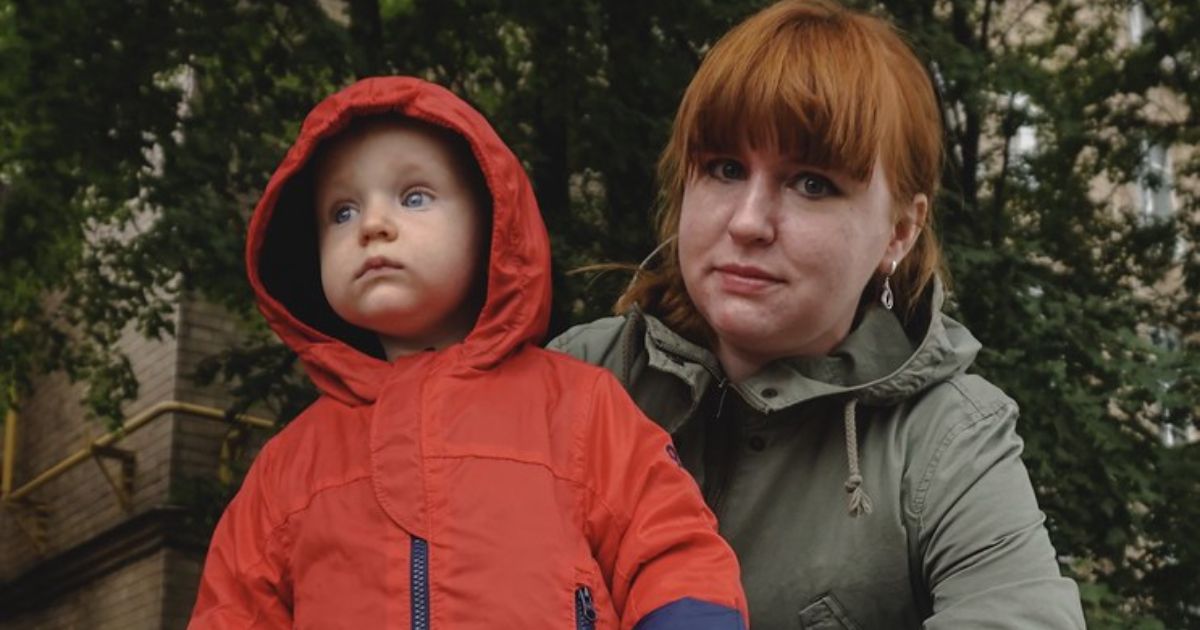Over a typical breakfast one morning, Felicity Mellors, a 42-year-old mother of two who lives in Manchester, decided to chat with her two teenage boys, Danny and Samuel. Danny is 15, and Samuel is 17. They talked about the usual stuff in schools that kids their age might go through.
But what Mellors’ boys told her shook her up. Danny mentioned that some kids at school pass around really inappropriate pictures. He also talked about some guys being extremely misogynistic and outright mean to girls online and how easy it is to come across that kind of stuff. There are also times when kids at school get into fights.
Samuel didn’t say much, but Danny was pretty open and even showed her his diary. In it, he had written down everything that happened to him during a week at school. Reading it made her feel worried about what they have to deal with every day.
Danny’s diary entries paint a concerning picture of teenage life:
- Monday: A topless photo of a female student circulates widely, highlighting issues of digital consent and peer pressure.
- Tuesday: Exposure to fitness content on TikTok leads to encounters with sexist material and dubious financial schemes, reflecting the challenges of navigating online platforms.
- Wednesday: An attempted mugging underscores the safety concerns faced by teenagers in urban environments.
- Thursday: Discussions among peers normalize the mugging incident, emphasizing a culture where such events are trivialized.
- Friday: Unsolicited messages from drug dealers on Snapchat reveal the accessibility of illicit substances to adolescents.
- Saturday: A physical altercation during a football game illustrates the prevalence of violence and the importance of maintaining respect among peers.
- Sunday: Online group chats expose racist language and the use of coded emojis associated with misogynistic ideologies, such as the ‘red pill’ symbol linked to figures like Andrew Tate.
Danny’s experiences, as depicted, aren’t one-off events; they actually reflect much bigger issues in our society today.
Take the Netflix show Adolescence, for instance. It chronicles the life of Jamie Miller, a 13-year-old who finds himself arrested for committing something as grave as stabbing one of his classmates to death.
This show gets into the issue of how online communities can have such a profound effect on teenagers and how easy it is for children to become involved with radical ideas online. What’s so fascinating is how the show discusses how emojis are used. Most of us just view emojis as little pictures to spice up our messages, but in certain internet communities, they hold secret meanings.
Consider the ‘red pill’ emoji, for instance. It’s linked to some pretty vile opinions of women, and it demonstrates just how insidiously destructive assumptions can take hold through what appears to be nothing more than harmless teenage joking. It’s like a coded language that can guide children down dark paths without them even realizing it.
Daisy Greenwell, who started the Smartphone Free Childhood initiative, talks about how letting kids have smartphones without any limits might not be a good idea. This group thinks that waiting a bit longer before giving kids smartphones can help them grow up in a better way.
Action must be taken now to protect the next generation from online harms. The digital age of consent for social media should be increased to 16 and smartphones should be banned in schools.
Smartphone Free Childhood #smartphonefreechildhood pic.twitter.com/B9TF91a056
— Rebecca Paul MP (@Rebecca_SPaul) March 10, 2025
Parenting expert Dr. Justin Coulson says that moms and dads need to have honest chats with their children about the stuff they see on the internet. Parents need to learn the lingo and understand what’s happening in the digital world so they can keep their kids safe from not-so-good influences.
If you’re a parent worrying about the things your kids might find online, there are some steps you can take:
- Foster an atmosphere where kids are at ease sharing their internet adventures without the specter of being judged. Create a space for open dialogue about their digital life, and make them feel heard and supported.
- When it comes to keeping the digital world a safe place, use the tools at your disposal to nix the nasty apps and keep tabs on their screen time.
- Teaming up with the school can also be a big win. Advocate for rules that limit phone use while they’re in the classroom. It’s about keeping their focus where it should be—on learning and growing—without the distraction of screens.
- For parents feeling a bit lost in the digital jungle, there are groups like YoungMinds. They’ve got all sorts of goodies, including a helpline that’s like a trusty compass. The number is 0808 802 5544, and it’s live from 9:30 in the morning until 4 in the afternoon, Monday to Friday.
By doing these, parents help their little ones deal with the challenges of modern life and keep their mental health in shape.













